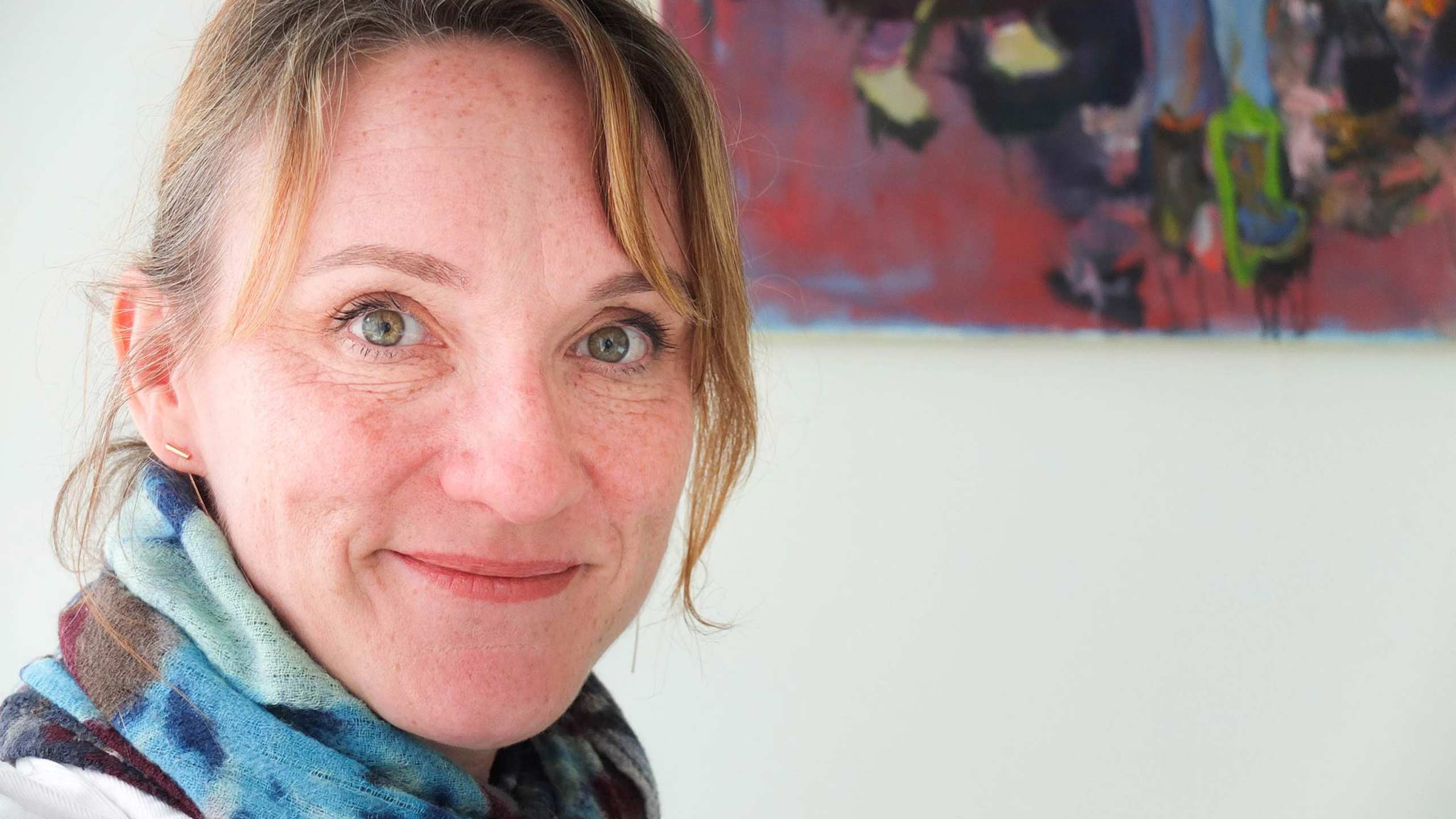By Raneem Al-Ozzi
After a projected increase of students with disabilities requesting academic accommodation, staff at Ryerson Academic Accommodation Support (AAS) are concerned about inadequate resources.
According to AAS, the number of students registered with disabilities is increasing at an annual rate of approximately 12 per cent. For the 2018-2019* school year, the number of students registered with AAS is expected to exceed the 3,000 mark, at 3,119 students (a number equivalent to the entire undergraduate population at OCAD University in 2016).
Based on AAS’s annual 12 per cent rate of increase, each student accommodation facilitator’s caseloads are expected to reach 600 or more students by next year. The caseload, which is the number of students a facilitator works with, ranges between 300 to 400 students. If a staff member is away for even a short amount of time, it has a significant impact on the services provided to students.
“Ryerson has a legal obligation to make its education accessible to students with disabilities. We’re doing a job in this department that’s about making sure our students have access and making sure students with disabilities are included,” Christina Halliday, director of Student Learning Support (SLS) at Ryerson, said.
“We’re beholden to the province, the students and the institution to do that work.”
AAS’s services include counselling, developmental and navigation services, creating and facilitating more accessible environments for students with disabilities on campus.
AAS accommodates students with disabilities, including learning disabilities, sensory impairments, brain injuries, mental illness, medical and physical disabilities.
From 2012 to 2017, AAS saw a 65 per cent increase in the number of students registered.
Additionally, according to a 2013 report by the Higher Education Council of Ontario, the rate of students identifying with disabilities is increasing in Ontario. Worldwide, the total number of people who identify as having a disability is on the rise, in part due to an increase in chronic health conditions, according to the World Health Organization.
An assessment conducted in fall 2016, facilitated by Ryerson’s human resources department, looked into AAS staff workplace satisfaction.
The results showed that while AAS staff members reported a high level of eagerness to do their work and participate in broader projects, they also expressed high levels of burnout and fatigue.
A separate assessment, facilitated by AAS, analyzed the rates of sick leave within its staff and found that AAS front-line employees (those who work directly with students) had a significantly higher rate of sick leave compared to the rest of the departments and sub-units.
Sarah Kloke, one of six academic accommodation facilitators at AAS, said burnout affects members of her team in different ways. She added that sometimes students’ stories affect her even after her work day is done. Because of this, she has taken time for self-care to cope with the burnout.
Kloke, who has worked at AAS for four years, said that although the numbers are overwhelming, they are manageable—but AAS may not be able to maintain the same level of support if the issue is not addressed.
“I hope for more facilitators so that we’re able to provide a level of service that is beyond maintenance,” Kloke said.
She said given the increase of the number of registrants, AAS will become limited in terms of the number of appointments they can schedule and wait times will also increase.
Halliday also said staff burnout causes absences. “When a facilitator is on sick leave, we have to mobilize our already stretched resources to respond to the needs of that facilitator’s caseloads.”
This is especially an issue during exams and midterms, when academic accommodation services are in higher demand.
AAS test centres offer accommodated tests for students who need them. In the 2015-2016 academic year, 19,266 accommodated exams were delivered.
Halliday said AAS doesn’t have a “direct connection” with faculties and programs, which makes accommodation even more difficult.
“There’s a priority of ensuring access for students to learning, but there’s also a priority of ensuring our academic standing and integrity. That’s what our faculty members are entrusted with.”
Halliday said communication and a secure connection between AAS and Ryerson faculties is essential in order to implement appropriate accommodation.
AAS and SLS want an addition of five more student accommodation facilitators, professional help at the front desk to help ease their intake process and more resources for their test centre.
AAS is currently looking into changing the delivery of their programs and services by meeting students’ needs online or by phone.
Ryerson is putting together its budget plan for the upcoming school year, and SLS has asked for more resources. Halliday said if they are successful, they will be formulating an action plan within the next few months.
Halliday also confirmed AAS will be releasing a blog series on the future of disability services at Ryerson this week.
“The intention of the series is for people to get inside the work of AAS, to understand what the accommodation process is, to understand what it feels like and what’s involved in implementing that process with students,” she said.
*CLARIFICATION: A previous version of this article stated that the numbers referenced for the “next school year.” This is more precisely for the upcoming 2018-2019 school year.










Leave a Reply